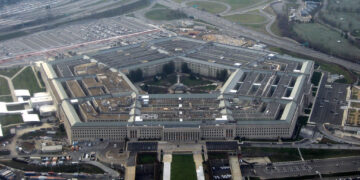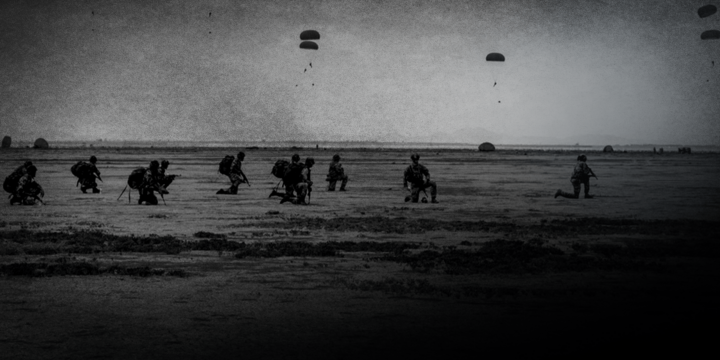March 25, 2025
Is This The End Of The US Africa Command?

Some military analysts do support the plan, including Michael Sweeney, non-resident fellow at the Defense Priorities think-tank. Arguing that “if the goal is to eventually reduce the US military lead in African policy, maintaining a dedicated combatant command for the continent makes less sense.” So, Hodges argues, “suggesting a dedicated combatant commander for Africa is not required should not be conflated with saying that the continent is irrelevant to US interests. Rather it is to argue that the United States does not need a military lead to demonstrate that relevance.”
And, he went on to say, “a three-star subcommand under EUCOM would still afford the United States a focused commander for planning and implementing military operations as needed. Yet, it would remove an important player—an elite four-star combatant commander—in a bureaucratic game that shapes the overall US policy approach in Africa, which currently hues toward a military focus.” Still, he insisted, “the United States went for six decades without a dedicated four-star commander for Africa. It should not be afraid to do so again.”
Of course, the demilitarization of US policy toward Africa is not what Secretary Hegseth and President Trump have in mind. And, a less militarized policy is no longer possible, since the US Agency for International Development and other instruments of American “soft power” have been systematically dismantled. But Sweeney’s analysis was published weeks before the elections of November 2024 and he may not have anticipated Donald Trump’s victory. The Trump administration clearly intends to expand both the scope and scale of US military involvement in Africa. It just wants to do it on the cheap. According to the briefing document cited by NBC News and CNN, the merger of US Africa Command, along with the proposed merger of US Southern Command and US Northern Command, would save $270 million in the first year. That savings would amount to roughly 0.03% of the Defense Department’s $850 billion annual budget.
More on Africa

Featuring Jennifer Kavanagh and Benjamin Friedman
June 3, 2025

Featuring Mike Sweeney
March 20, 2025

Featuring Benjamin Friedman
February 11, 2025

Featuring Daniel DePetris
November 6, 2024

By Mike Sweeney
October 18, 2024
Events on Africa


